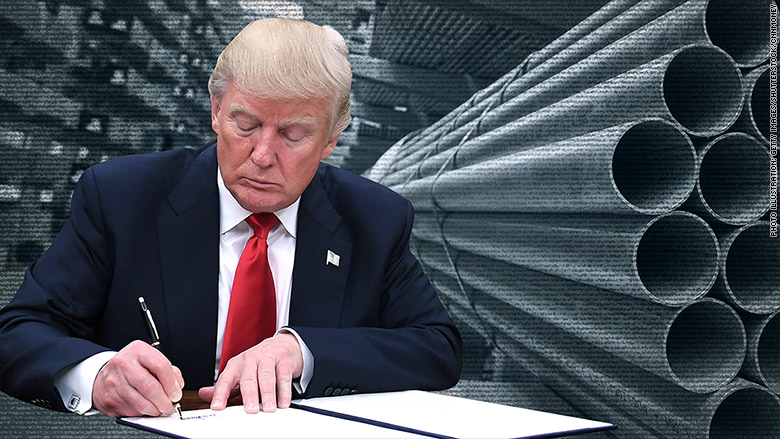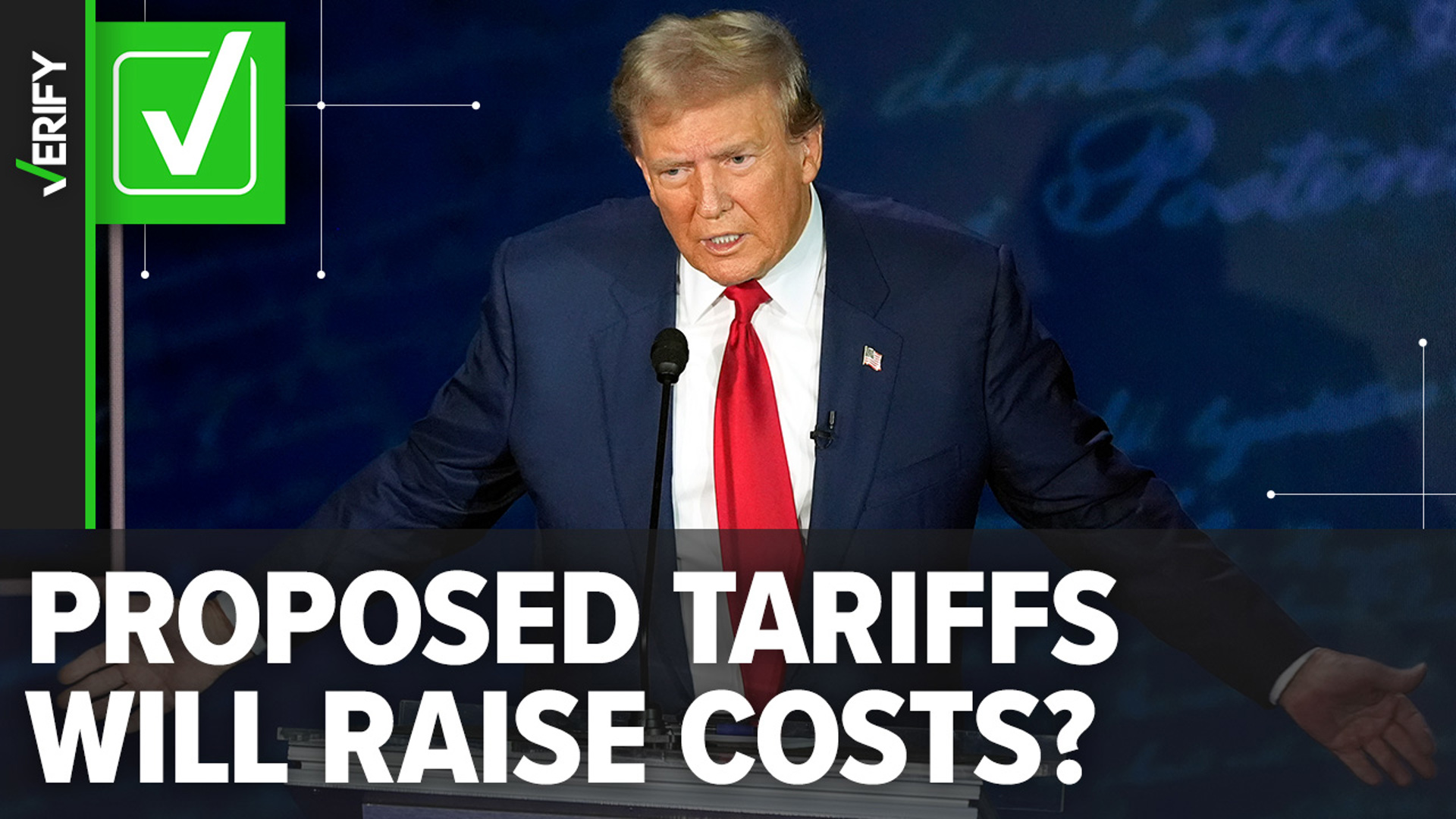G-7 Summit Kicks Off in Canada: Tariffs, Israel, and Trump's Unpredictable Behavior Take Center Stage
#g-7 #summit #canada #tariffs #trump #israel #international cooperation #global economy

About the People Mentioned
Donald Trump
Donald John Trump, born June 14, 1946, in Queens, New York, is an American businessman, media personality, and politician. He graduated from the University of Pennsylvania’s Wharton School in 1968 with a degree in economics. In 1971, he took over his family’s real estate business, renaming it the Trump Organization, through which he expanded into building and managing skyscrapers, hotels, casinos, and golf courses. Trump gained widespread fame as the host of the reality TV show *The Apprentice* from 2004 to 2015, which helped establish his public persona as a successful entrepreneur. Trump entered politics as a Republican and was elected the 45th president of the United States, serving from 2017 to 2021. His presidency was marked by significant policy actions including tax cuts, deregulation, the appointment of three Supreme Court justices, renegotiation of trade agreements (notably replacing NAFTA with the USMCA), and a focus on immigration control including border wall expansion. He withdrew the U.S. from international agreements such as the Paris Climate Accord and the Iran nuclear deal, and engaged in a trade war with China. His administration’s response to the COVID-19 pandemic was criticized for downplaying the virus’s severity. Trump was impeached twice by the House of Representatives—first in 2019 for abuse of power and obstruction, and again in 2021 for incitement of insurrection—but was acquitted by the Senate both times. After losing the 2020 election to Joe Biden, Trump challenged the results, culminating in the January 6, 2021, Capitol riot. He remains a central figure in American politics, having won the 2024 presidential election and returned as the 47th president in 2025, continuing to promote policies aimed at economic growth, border security, and military strength[1][2][3][4].
About the Organizations Mentioned
G-7
## Overview The Group of Seven (G7) is an informal alliance of seven advanced industrialized democracies—Canada, France, Germany, Italy, Japan, the United Kingdom, and the United States—with the European Union also participating as a non-enumerated member[3]. Established in the 1970s in response to global economic crises, the G7 serves as a forum for its members to coordinate policy on major international economic, political, and security issues, leveraging their collective influence to address challenges that transcend national borders[3]. ## What the G7 Does The G7 convenes annually at the leader level, with additional meetings among ministers and officials throughout the year. Its agenda typically includes global economic stability, international security, climate change, technology governance, and responses to geopolitical crises. While the G7 has no permanent secretariat or legal authority, its declarations and statements often set the tone for broader international cooperation and can catalyze action in other multilateral forums[3]. For example, the group has recently focused on countering China’s economic practices, addressing nuclear threats, and responding to conflicts in the Middle East and Ukraine[4]. ## Key Achievements Historically, the G7 has played a pivotal role in coordinating global economic policy, especially during financial crises. More recently, it has launched initiatives like the Hiroshima AI Process to develop international standards for artificial intelligence governance, reflecting its growing attention to technology policy[4]. The G7 has also been instrumental in rallying support for Ukraine following Russia’s invasion, though recent summits have revealed divisions, particularly over the U.S. stance on continued aid and sanctions[5][6]. ## Current Status The most recent summit, hosted by Canada in June 2025, was marked by both cooperation and discord. While leaders issued a joint statement on Middle East tensions and reiterated opposition to Iran’s nuclear ambitions, they failed to reach consensus on a communiqué regarding Ukraine, underscoring emerging fractures within the group

















